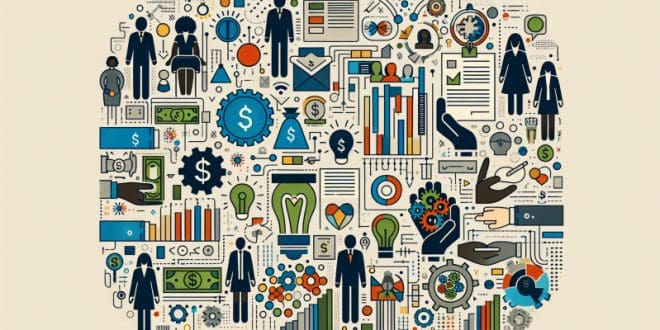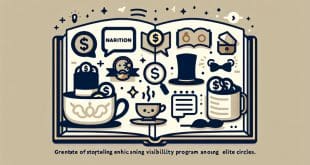In today’s philanthropic landscape, diversity and inclusion (D&I) have moved from the periphery to the center of conversations about how foundations and grant-making institutions can effectively drive positive societal change. It’s no longer just about the distribution of funds but also about who is at the giving and receiving ends, the inclusivity of the process, and the impact on underrepresented communities.
Diversity and inclusion in grant-making are not just about meeting quotas or checking boxes. It’s about recognizing and valuing different perspectives, experiences, and capabilities. It requires a deep understanding of the systemic barriers that diverse-led organizations face and a commitment to overcoming these hurdles. Institutions that prioritize D&I are finding that it broadens their impact and reaches communities that were traditionally overlooked or underserved.
### The Evolving Criteria of Grant-Making
Grant-making institutions have traditionally relied on financial metrics and project outcomes to assess the success of their initiatives. However, there’s a growing emphasis on incorporating D&I into their assessment criteria. This means looking beyond the numerical data and understanding the qualitative differences that diverse leadership and inclusive programming can make.
For example, a program aimed at economic empowerment for women should ideally be led by those who have directly experienced and understand the unique challenges faced by women in that community. Such leadership ensures that the programs are nuanced, culturally relevant, and have a higher chance of making a sustainable impact.
### Supporting Diverse-Led Organizations
Supporting diverse-led organizations is a crucial step in addressing historical imbalances and fostering equity. These organizations often work on the ground and have the trust and understanding of the communities they serve. Funding from grants can empower these organizations to scale their efforts, innovate solutions, and share their success stories, which can inspire more inclusive practices across the field.
### Tackling Systemic Issues
Grants that prioritize D&I can contribute to systemic change by addressing the root causes of societal issues such as racial inequality, gender disparity, and socio-economic challenges. By funding projects that aim to dismantle systemic barriers, grant-makers can help create a more equitable society.
### Tools for Evaluating the Impact of Diversity-Oriented Funding
Grant-makers are using various tools to evaluate the long-term impact of diversity-oriented funding. These include:
– D&I audits of both the grant-making institution and the recipient organizations.
– Impact assessments that incorporate community feedback.
– Studies that track representation and inclusion metrics over time.
– Collaborative evaluations that involve stakeholders from diverse backgrounds.
### Insights from D&I Experts
D&I experts emphasize the importance of transparency in grant-making processes and the need for grant-makers to be accountable for their D&I practices. Continuous learning and adaptation are essential in ensuring that D&I efforts are genuine and effective.
### Case Studies of Impact
One notable example is the ‘XYZ Foundation,’ which dedicated a significant portion of its funding to projects led by individuals from underrepresented groups. By doing so, they not only empowered these leaders but also gained unique insights into community-based solutions that were previously outside of their purview. The result was a series of successful initiatives that addressed specific community needs and built stronger relationships between the foundation and the communities it aimed to serve.
In conclusion, the role of diversity and inclusion in grant-making is pivotal for creating lasting change. By thoughtfully incorporating these principles into their practices, grant-makers can ensure their contributions lead to equitable and meaningful progress. The journey toward fully inclusive grant-making continues, but with each step, we move closer to a more just and inclusive society for all.
 Grants Club Community
Grants Club Community







